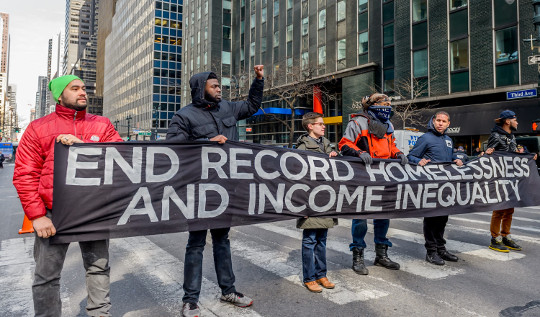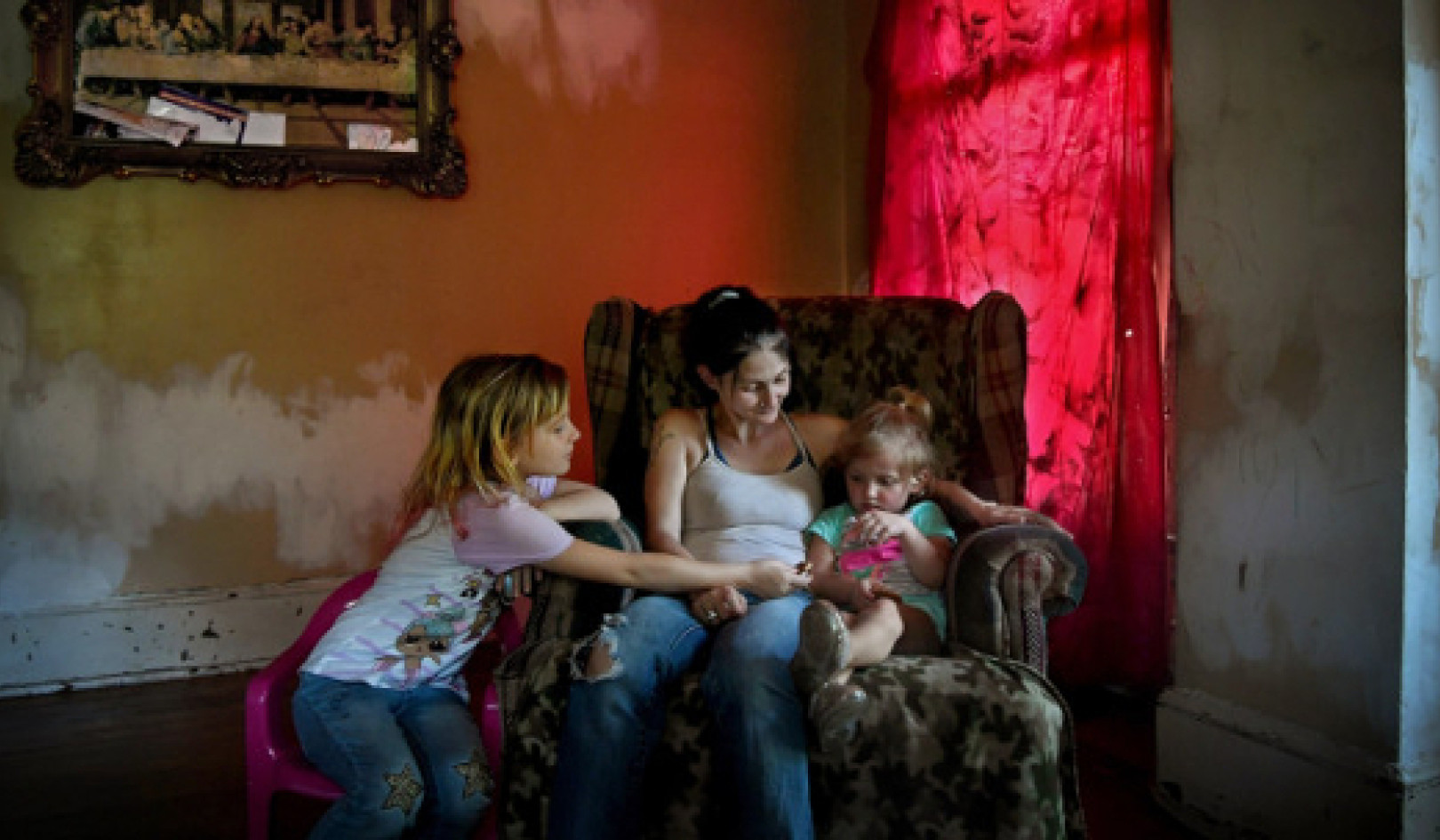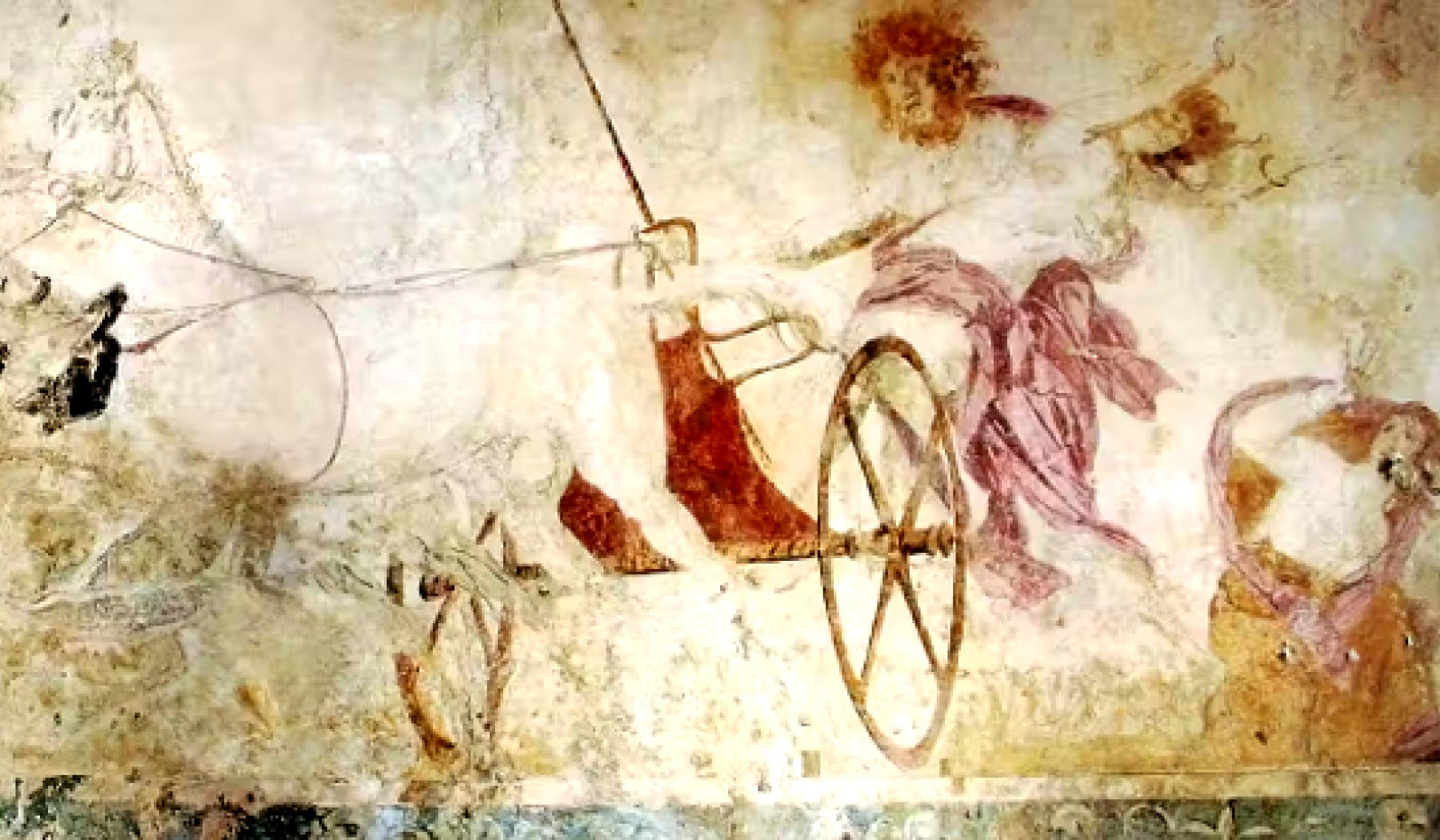
In the richest country on Earth, the time is long overdue for us to create a government and an economy that works for all of us, not just the 1%.
U.S. Sen. Bernie Sanders reacted Wednesday to new government figures showing the wealthiest 1% of Americans now owns over one-third of the country's wealth by reasserting calls for systemic reforms to tackle the highest economic inequality of any major developed nation in the world.
"A society cannot sustain itself when so few have so much while so many have so little."
The nonpartisan Congressional Budget Office (CBO) on Tuesday published Trends in the Distribution of Family Wealth, 1989 to 2019, a report revealing that while the total real wealth of U.S. families tripled over those 30 years, the growth was dramatically unequal.
"Families in the top 10% and in the top 1% of the distribution, in particular, saw their share of total wealth rise over the period," the report notes. "In 2019, families in the top 10% of the distribution held 72% of total wealth, and families in the top 1% of the distribution held more than one-third; families in the bottom half of the distribution held only 2% of total wealth."
In a statement, Sanders (I-Vt.) said that "this report confirms what we already know: The very rich are getting much, much richer while the middle class is falling further and further behind, and being forced to take on outrageous levels of debt."
"The obscene level of income and wealth inequality in America is a profoundly moral issue that we cannot continue to ignore or sweep under the rug," the two-time Democratic presidential candidate argued.
New CBO report: The poorest *half* of America -- ~150 million people -- hold only *2 percent* of the country's total wealth
Wealth of top 10 percent has grown markedly since 1989
That tiny little line at the bottom of this chart is half the country pic.twitter.com/L3uLba3ht0— Jeff Stein (@JStein_WaPo) September 28, 2022
The CBO report also highlights the persistent racial wealth gap in the United States. In 2019, white families' median wealth was 6.5 times that of Black families, 5.5 times that of Hispanic families, and 2.7 times that of Asian and other families.
Additionally, the publication shows that by 2019, student loan debt was the largest component of total debt for families in the bottom 25%—more than their mortgage and credit card debt combined. Among Americans age 35 or younger, 60% of their debt burden was due to student loans.
President Joe Biden last month announced a plan to cancel $10,000 to $20,000 in federal student loan debt per borrower, depending upon income, a move that drew both praise and admonition from progressives like Sanders—who advocates canceling all educational debt and making all college tuition-free.
"A society cannot sustain itself when so few have so much while so many have so little," the democratic socialist asserted. "In the richest country on Earth, the time is long overdue for us to create a government and an economy that works for all of us, not just the 1%."
This article originally appeared on Common Dreams
About The Author
Brett Wilkins is a staff writer for Common Dreams.
Books on Inequality from Amazon's Best Sellers list
"Caste: The Origins of Our Discontents"
by Isabel Wilkerson
In this book, Isabel Wilkerson examines the history of caste systems in societies around the world, including in the United States. The book explores the impact of caste on individuals and society, and offers a framework for understanding and addressing inequality.
Click for more info or to order
"The Color of Law: A Forgotten History of How Our Government Segregated America"
by Richard Rothstein
In this book, Richard Rothstein explores the history of government policies that created and reinforced racial segregation in the United States. The book examines the impact of these policies on individuals and communities, and offers a call to action for addressing ongoing inequality.
Click for more info or to order
"The Sum of Us: What Racism Costs Everyone and How We Can Prosper Together"
by Heather McGhee
In this book, Heather McGhee explores the economic and social costs of racism, and offers a vision for a more equitable and prosperous society. The book includes stories of individuals and communities who have challenged inequality, as well as practical solutions for creating a more inclusive society.
Click for more info or to order
"The Deficit Myth: Modern Monetary Theory and the Birth of the People's Economy"
by Stephanie Kelton
In this book, Stephanie Kelton challenges conventional ideas about government spending and the national deficit, and offers a new framework for understanding economic policy. The book includes practical solutions for addressing inequality and creating a more equitable economy.
Click for more info or to order
"The New Jim Crow: Mass Incarceration in the Age of Colorblindness"
by Michelle Alexander
In this book, Michelle Alexander explores the ways in which the criminal justice system perpetuates racial inequality and discrimination, particularly against Black Americans. The book includes a historical analysis of the system and its impact, as well as a call to action for reform.























